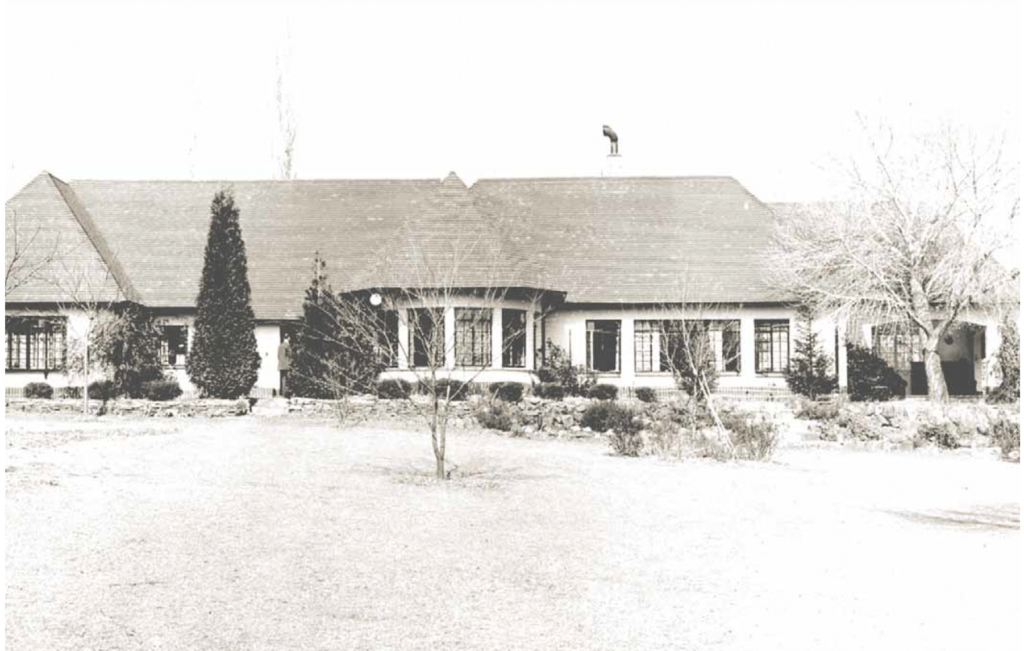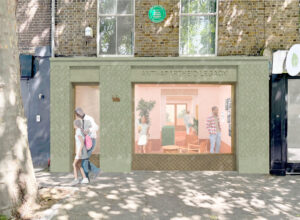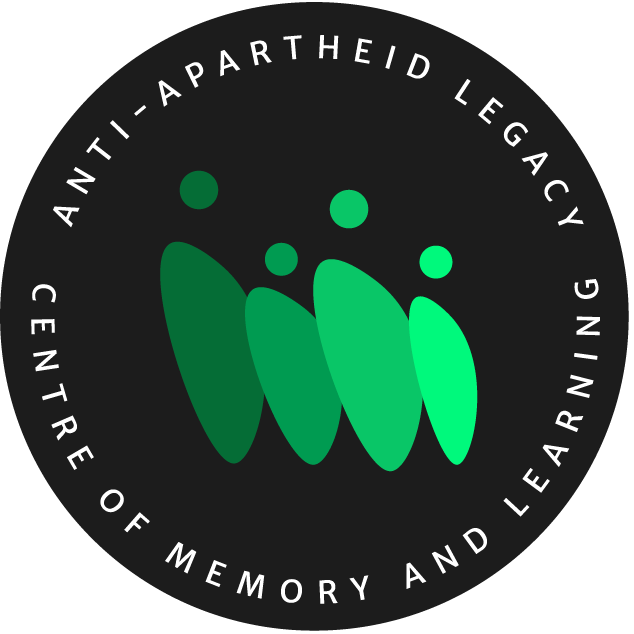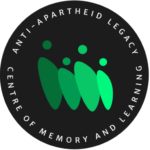Between 1978-1994, 28 Penton Street was a central hub for international opposition to South African apartheid and a nerve centre of anti-apartheid planning and activity. The London HQ of the African National Congress (banned by the South African apartheid government and led in exile by Oliver Tambo, whose family took refuge in London for thirty years), it acted as a base for many critical activities that underpinned the struggle and the transition to a new democratic South Africa. This culturally rich historic site embodies the solidarity between the people of Britain and international migrants who have sought refuge here. The building is marked as a site of significance for the historic contributions of global majority peoples with a Nubian Jak Community Trust and London Borough of Islington Green Plaque. More detail about the heritage of the site can be found here.
The Liliesleaf Trust UK & Anti-Apartheid Legacy: Centre of Memory and Learning
About us
Drawing from this world-changing history, we promote solidarity, social justice, equality, human rights, reconciliation, and anti-racism to encourage positive action for diverse contemporary communities through arts, cultural and educational programming. We facilitate engaging with the struggle’s heritage to support intergenerational community cohesion, skills development and aspiration to underpin positive social transformation.
It was at Liliesleaf Farm, in the suburb of Rivonia in Johannesburg, on 11th July 1963 that South African police arrested several senior leaders of the liberation movement, including Arthur Goldreich, member of uMkhonto we Siswe and nominal owner of the site, who lived in the main farmhouse with this family. These leaders exemplified the rainbow nation to be; people of different races, religions and political persuasions united against the apartheid regime. Liliesleaf locates the story of the journey to democracy in South Africa and Rivonia gave its name to the seminal trial that saw Nelson Mandela, Ahmed Kathrada, Denis Goldberg, Walter Sisulu and others given their life sentences for fighting for liberation from the oppression of apartheid. The Liliesleaf name thus denotes the UK Trust’s foundational ethos rooted in collective action aimed at promoting freedom, equality and democracy, and references the different peoples who came together for refuge whilst planning collaborative activism.

Courtesy of the Liliesleaf Archives, South Africa
 Anti-Apartheid Legacy: Centre of Memory and Learning (CML)
Anti-Apartheid Legacy: Centre of Memory and Learning (CML)
We are working to redevelop 28 Penton Street, Islington, the African National Congress’-in-exile’s former UK headquarters into the Anti-Apartheid Legacy: Centre of Memory and Learning (CML). The CML will become the first permanent UK venue to make accessible the heritage of the wider movement against apartheid, including the British Anti-Apartheid Movement, channelling the legacy of one of the most influential, Black-led social justice movements of the 20th Century and solidarity with the cause. Through programme including exhibitions, events, workshops, and commissions, it will create permanent resources that recognise the significance of this struggle within UK history, and draw from its inspiring legacy to support community resilience, empowerment, and cohesion.
Between 1978-1994, 28 Penton Street was a centring hub for international opposition to South African apartheid and a nerve centre of anti-apartheid planning and activity within Britain. The London HQ of the African National Congress (banned by the South African apartheid government and led in exile by Oliver Tambo, whose family took refuge in London for thirty years), it acted as a base for many critical activities that underpinned the struggle and the transition to a new democratic South Africa. This culturally rich historic site embodies the solidarity between the people of Britain and international migrants who have sought refuge here. The building is marked as a site of significance for the historic contributions of global majority peoples with a Nubian Jak Community Trust and London Borough of Islington Green Plaque.
Whilst working to develop the CML, we engage our audiences through regular public engagement activities. Some of these are delivered in collaboration with partner organisations, working to support meaningful connections while we work without a dedicated venue-based platform. Partnerships and collaborations extend through local government, community groups, activists, artists, schools, universities and cultural organisations and have generated co-developed exhibitions, events, in-school education, community activities and research. Since 2018, we have engaged over 60,000 people of all ages and backgrounds in empowering participation opportunities that draw from the movement’s models of positive leadership, cross-cultural collaboration and injustice-smashing resistance to build resilience, aspiration and skills.
The Anti-Apartheid Legacy: Centre of Memory and Learning (CML)
Opening in the near future, The Anti-Apartheid Legacy: Centre of Memory and Learning (CML) will provide a permanent hub for our programme and will promote the legacy and values of the Southern African liberation struggle and the UK’s central role within this world-changing history, whilst supporting contemporary discourse around social (in)justice, inclusion and multi-racial collaboration for social transformation.
Through permanent exhibition and a rotation of content through temporary gallery spaces, a community learning garden, seminar and workshop spaces and a reading room, visitors will learn about, and from, the heritage of the anti-apartheid struggle. Alongside developing the CML, we are simultaneously creating an online offer to enable audiences to connect with the CML and its programming beyond Islington, London and even the UK.
The CML currently engages contemporary communities through arts, cultural and educational programming that includes pop up exhibitions, artist-led community engagement, schools workshops, artists commissions and a variety of heritage focused and contemporary facing talks.
“The Anti-Apartheid Legacy: Centre of Memory and Learning at Penton Street and its programming is designed to promote collaboration between peoples and encourage participation in the effecting of social transformation, equality and justice. The CML will strive to reduce inequality and promote inclusivity through empowering programming. Unlocking an impactful programme that channels the legacy of one of the most powerful social movements of the 20th century, the CML will foreground an empowering, under-represented Black-led history, redressing longstanding imbalances in the perceptions and experience of UK heritage. Solidarity, active citizenship, community, and cooperation are powerful forces for the continued transformation of our world into a more equal and fair society”. Professor Chris Mullard, Chair TLTU


